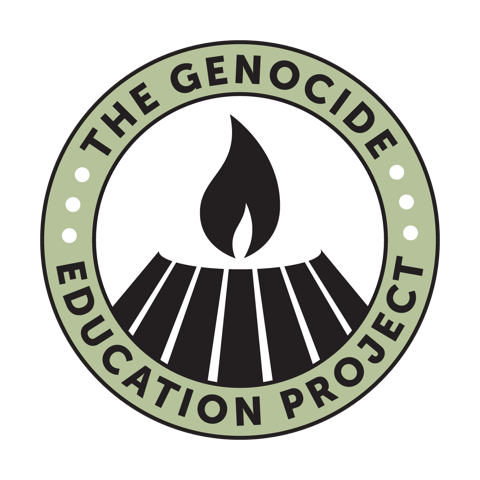November 16th, 6-7:30 p.m. ET/Maltz Museum of Jewish Heritage
“New Approaches to Teaching the Armenian Genocide”
What are “survivor objects” and how can they be used effectively in the classroom to help teach about genocide and its legacy?
In concert with the “Stories of Survival” exhibit currently at Ohio’s Maltz Museum of Jewish Heritage, this online workshop will focus particular attention on the Armenian Genocide, considered by historians as a seminal case study for genocide education. We will offer a short video and lesson plan about an ancient artifact rescued from the Armenian Genocide and then preserved and passed on through multiple family generations and several continents over more than a century.
A FREE COPY of the book Goodbye, Antoura will be given to the first 35 educators from Ohio schools to register and complete the workshop.
This GenEd workshop is presented in partnership with the Ohio Council on Holocaust and Genocide Education, Facing History and Ourselves, and the Maltz Museum.
November 21, 11:30 a.m. ET/National Conference for the Social Studies
Unending Loss and Trauma: Teaching about the Armenian Genocide in Context of the
2020 Artsakh War
In the fall of 2020, Azerbaijan, aided by Turkey, attacked the ethnic Armenian region of Artsakh (Nagorno Karabagh). The Armenians of Artsakh, who had been placed within Azerbaijan’s control during the Soviet Union, had gained de-facto independence after the Soviet Union dissolved in the early 1990s.
The war unleashed an extant humanitarian crisis and renewed real concerns about the Armenian nation’s survival—concerns that have tangible and teachable roots in the 1915 Armenian Genocide perpetrated by Ottoman Turkey. Turkey’s continued denial and the lack of international action provide important lessons to intensify our students’ understanding of the long-term repercussions of genocide and its denial.



